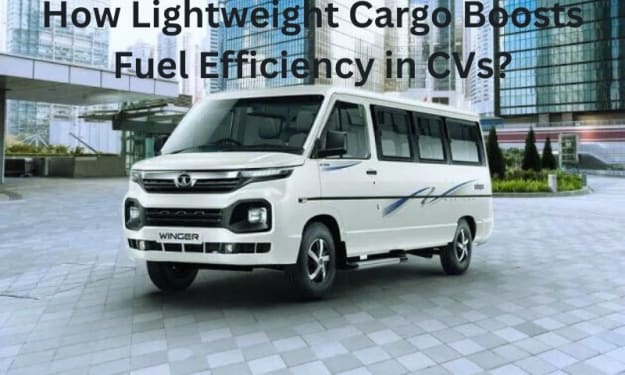The Uncertain Future of Internal Combustion Engines
Detailed Insider Report!

Internal combustion engines (ICEs) have been the backbone of transportation for over a century. They power cars, trucks, ships, airplanes, and generators, among other things. However, the future of these engines is now uncertain due to growing concerns about climate change and the environmental impact of fossil fuels.
One of the main problems with ICEs is their use of fossil fuels, which emit carbon dioxide and other greenhouse gases that contribute to global warming. The transportation sector is responsible for a significant portion of these emissions, and reducing them is crucial to limiting the effects of climate change.
Several alternative forms of propulsion are being explored as replacements for ICEs. One such option is electric motors, which use batteries to power vehicles. Electric vehicles (EVs) have been gaining popularity in recent years due to their environmental benefits, low operating costs, and quiet operation. They also have fewer moving parts than ICEs, which means they require less maintenance.
Another alternative to ICEs is hydrogen fuel cells, which produce electricity by combining hydrogen and oxygen. Fuel cell vehicles are powered by electricity produced by the fuel cell, which means they emit only water and heat as byproducts. They have a longer range than battery-powered EVs and can be refueled in minutes, similar to ICE vehicles.
Biofuels are another potential replacement for fossil fuels in ICEs. These fuels are made from renewable sources such as crops or waste materials, and they can be used in existing ICEs without modification. They emit less carbon dioxide than traditional fossil fuels, making them a more sustainable option.
While these alternatives are promising, they also face several challenges. One major challenge is the lack of infrastructure for electric vehicle charging and hydrogen refueling. Another challenge is the high cost of batteries and fuel cells, which can make them more expensive than ICEs in some cases.
Despite these challenges, the momentum toward phasing out ICEs is growing. Many countries have set targets for phasing out fossil fuel-powered vehicles, and several automakers have announced plans to transition to electric or hydrogen vehicles in the coming years.
One of the key drivers of this shift is the growing recognition of the need to reduce greenhouse gas emissions and address climate change. Countries around the world are setting targets for reducing emissions, and transportation is a major focus of these efforts.
In addition, the rapid advancements in battery technology, as well as the increasing availability of renewable energy sources, are making electric and hydrogen vehicles more viable options for many people. As the cost of these technologies continues to decrease, they are becoming more accessible to a wider range of consumers.
There are also many potential economic benefits to phasing out ICEs. As the demand for EVs and other alternatives grows, there will be new opportunities for job creation and economic growth in industries such as renewable energy and advanced manufacturing. In addition, reducing dependence on fossil fuels can help to reduce the volatility of energy prices and improve energy security.
Despite these potential benefits, there are still many challenges to overcome in the transition away from ICEs. The existing infrastructure for fossil fuel-based transportation is vast, and it will take time and resources to build out the necessary infrastructure for electric and hydrogen vehicles. There are also concerns around the availability of critical materials used in battery and fuel cell production, as well as the environmental impact of their extraction.
In addition, there are still questions around the environmental impact of alternative forms of transportation, such as the life cycle emissions associated with producing batteries and fuel cells. It is important to ensure that any transition away from ICEs is done in a sustainable and responsible manner.
In conclusion, the future of internal combustion engines is uncertain, but the push toward more sustainable transportation options is gaining momentum. While there are challenges to overcome, the potential economic and environmental benefits of phasing out ICEs are significant. As technology continues to advance and the demand for alternative transportation options grows, we can expect to see continued progress in the transition away from fossil fuels in the years ahead.
About the Creator
AutoTech Insider
Entrepreneur | Automotive Expert | RPA Developer





Comments
There are no comments for this story
Be the first to respond and start the conversation.